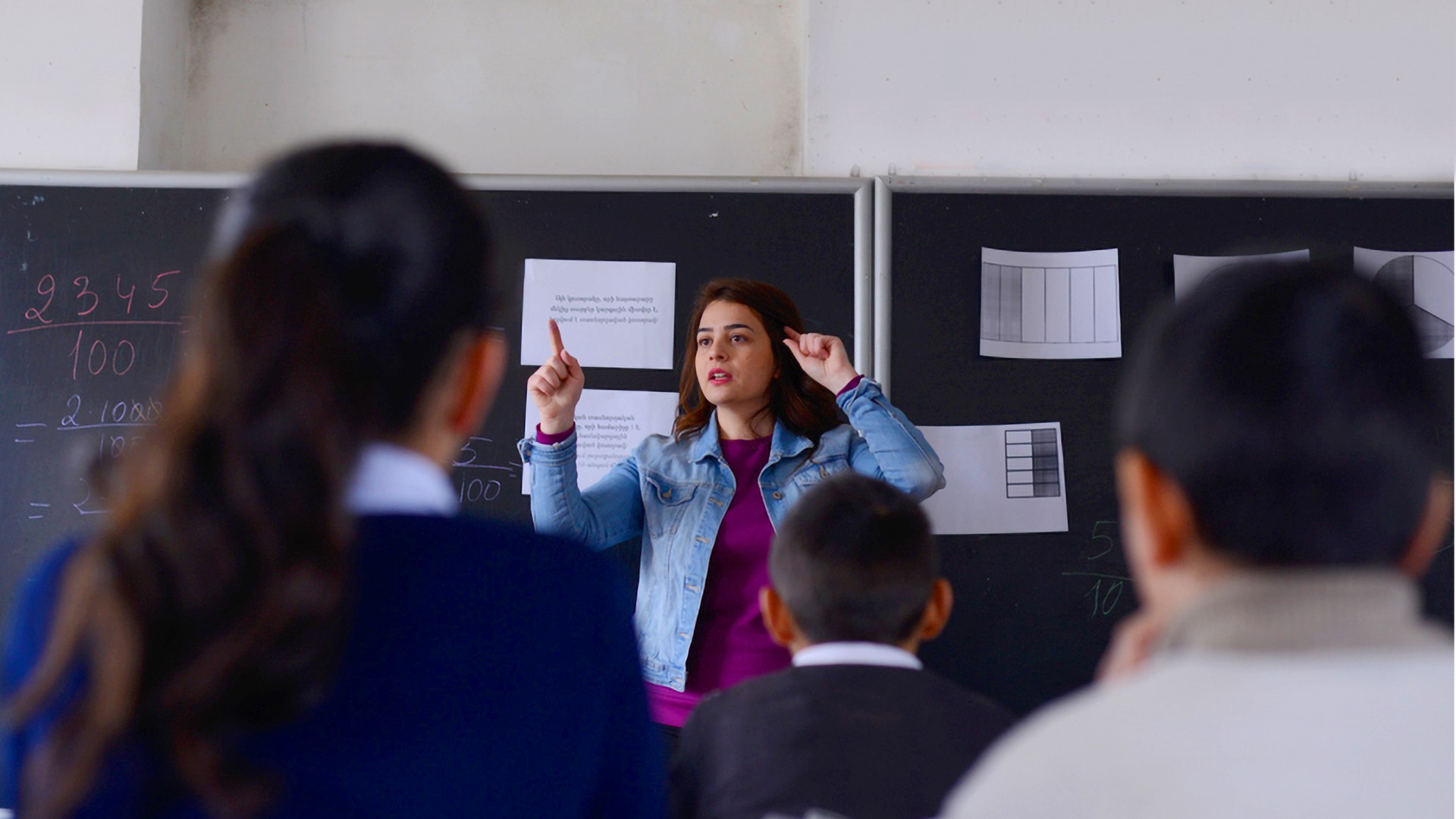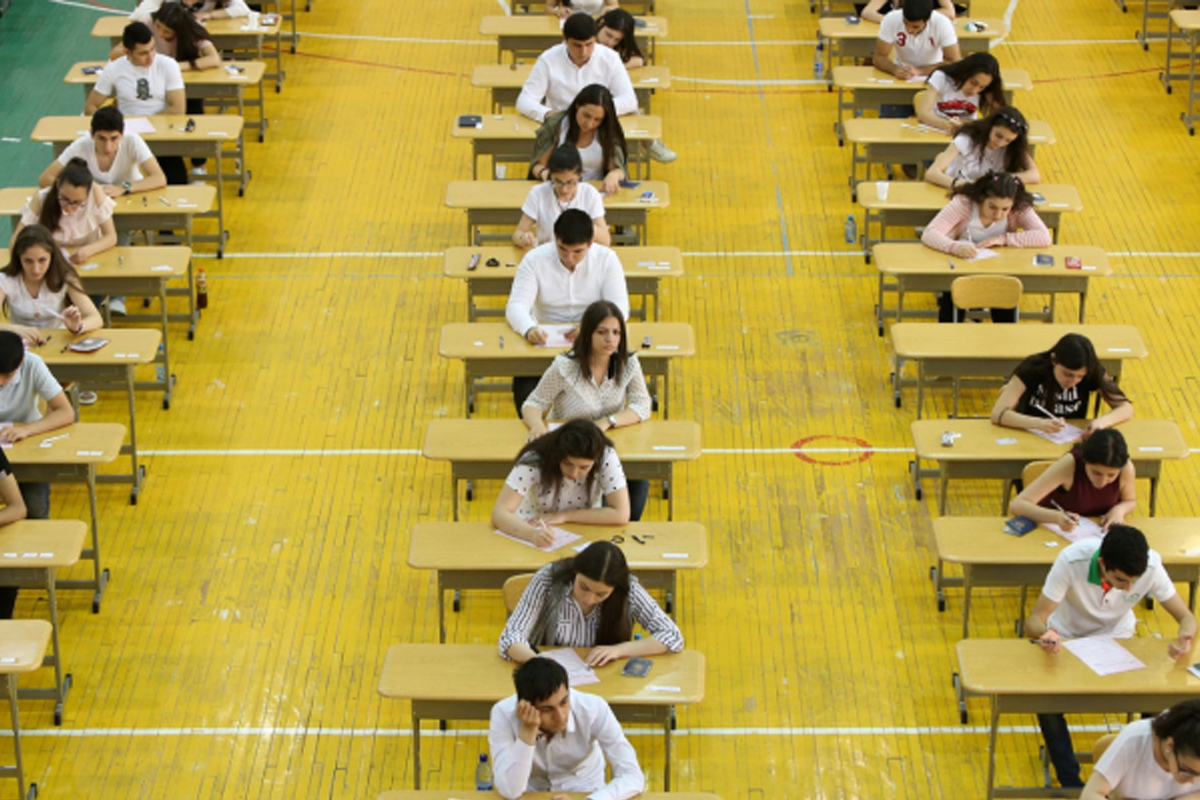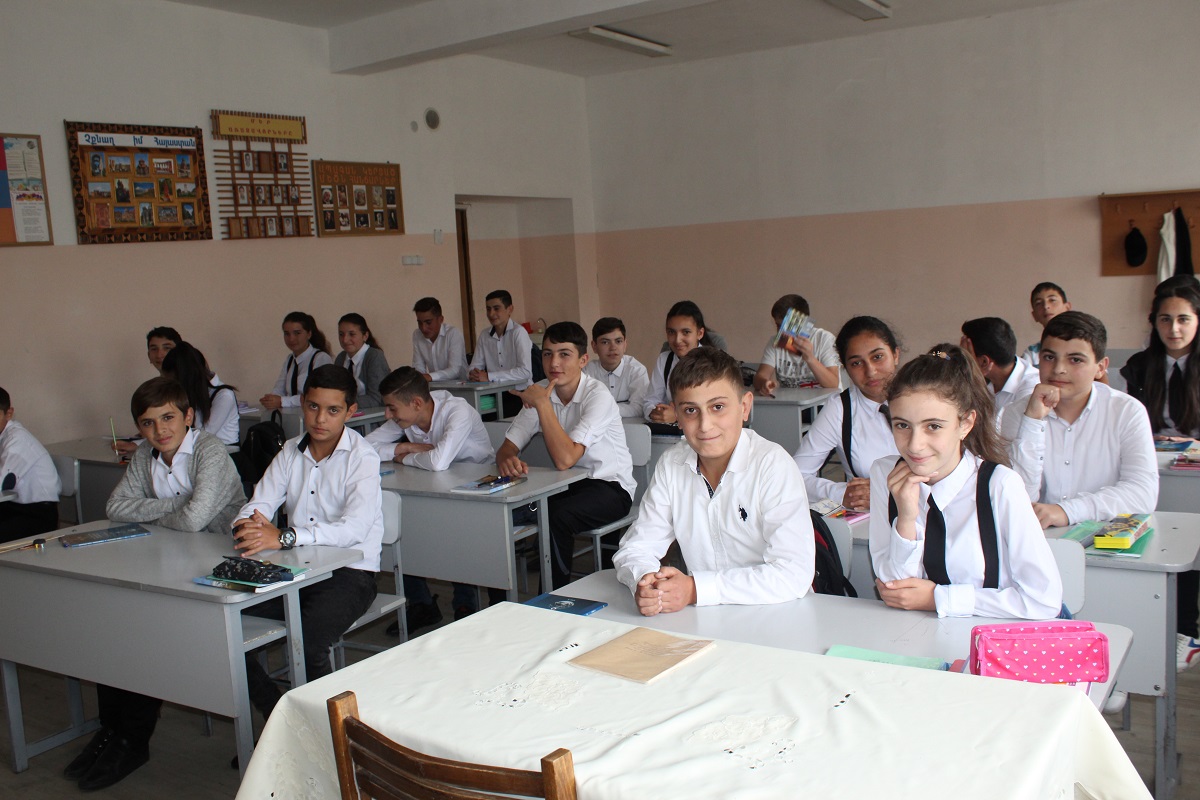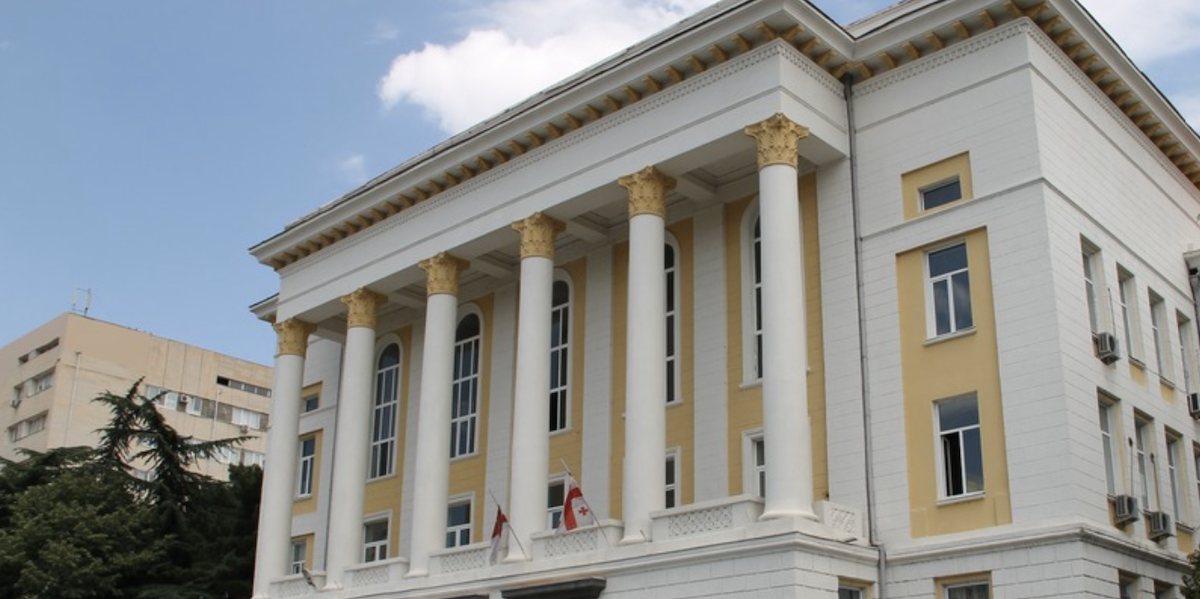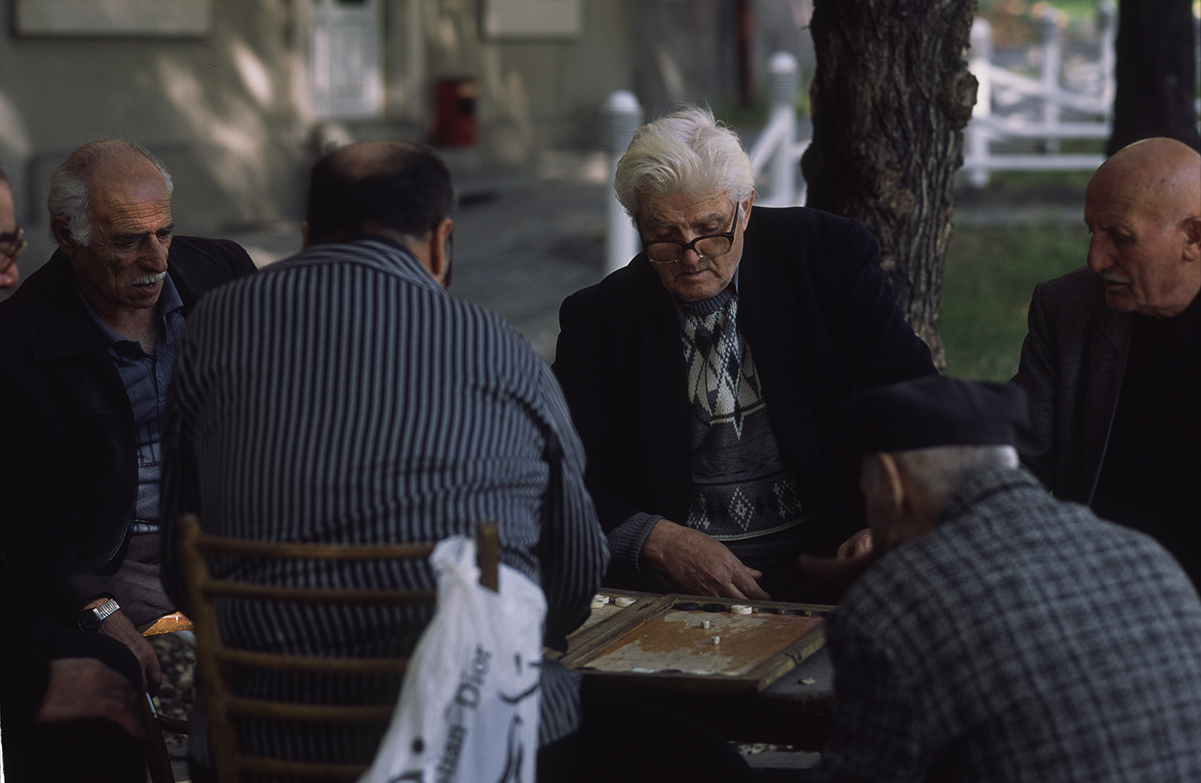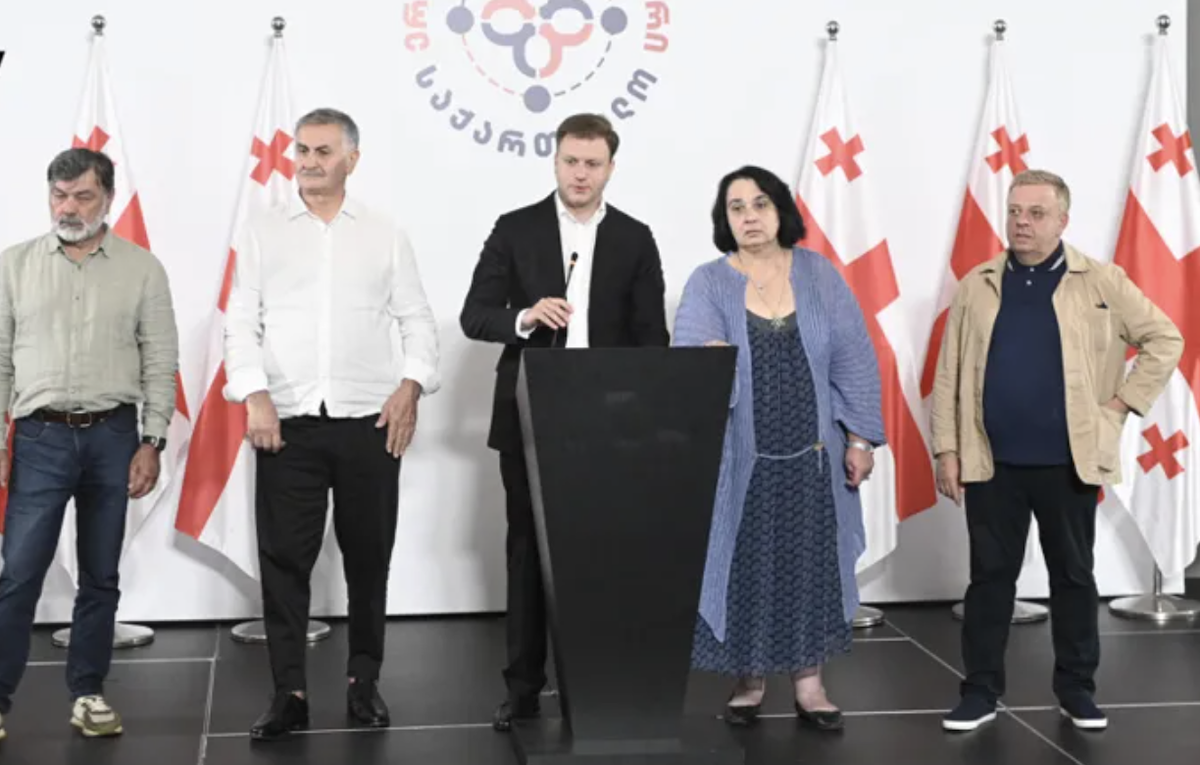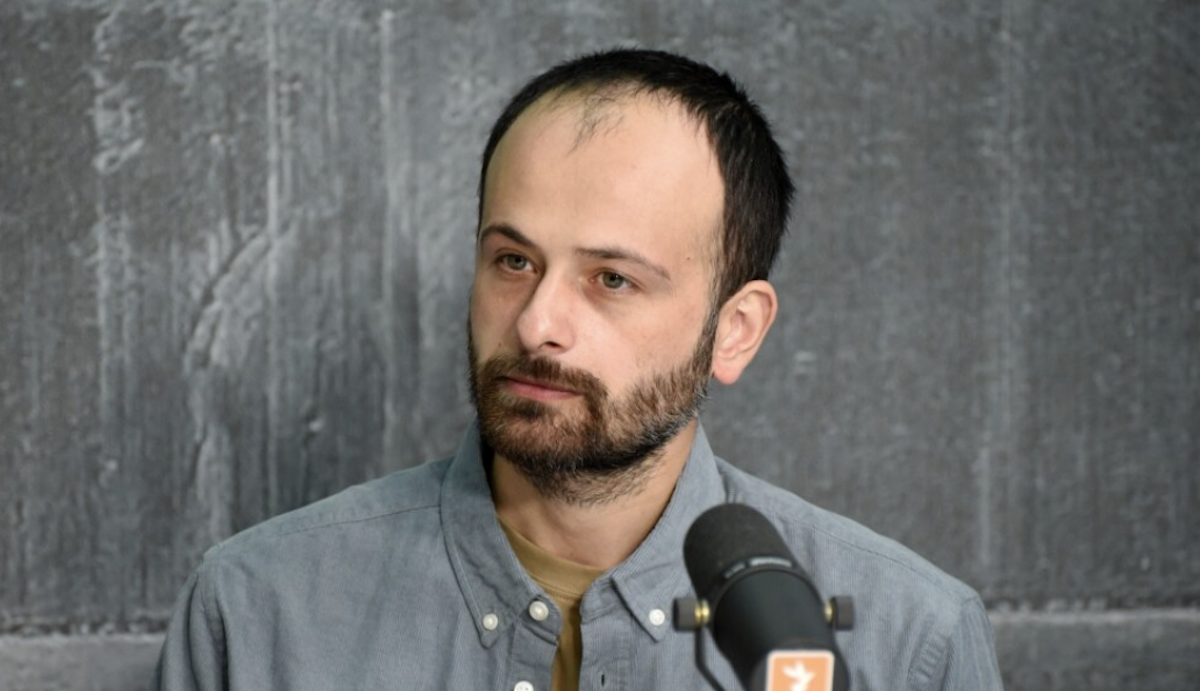“Armenian universities provide outdated knowledge” – education expert
Entrance exams to universities in Armenia
The Ministry of Education of Armenia summed up the results of the main stage of entrance examinations to universities. Of the 15,984 paid places allocated to universities this year, 7,242 applicants matriculated, that is, 45.3 percent. According to the Minister of Education, Science, Culture and Sports, the figure is very low, but “this is no longer new.” The 2023 result is comparable to the low performance of the previous two years.
According to Atom Mkhitaryan, an expert in the field of education, the decline in the number of applicants is due both to a reduction in the population and to a “decline in quality” in the field of education.
“Many applicants simply do not meet the requirements of universities, they cannot pass the entrance exams, they are not able to score even the minimum eight points,” he says.
“Non-state universities almost do not enter”
This was stated by the Minister of Education Zhanna Andreasyan. She said that more than 3,700 places were allocated to non-state universities, and the acceptance rate was about 3%.
According to the minister, the acceptance rate of 45.3% covers all universities, both state and non-state:
“The number of free places was 2,128, but 1,782 applicants entered these places, which is 83.7%.”
13, 314 applicants applied for admission to universities. 10,966 people passed the unified exams. The number of applicants after the main stage of admission to universities was 9,147 people.
The second round of admission to universities has already started, that is, an additional round for the remaining vacant places. All those applicants who did not pass the competition during the main stage, but scored positive points, can apply for participation in it.
Promotion of professions important for the country
“The government comes up with initiatives, tries to arouse interest and fill vacancies in those professions that are of paramount, strategic importance,” said Lusine Grigoryan, head of the department of higher and postgraduate vocational education.
In particular, along with the right to deferment from military service, places were allocated for mathematical and engineering specialties, as well as in the field of natural sciences. According to Grigoryan, replenishment in these areas is already on the face.
“In chemistry, there is only one vacant place left for free education, in all other specialties, namely: physics, physics of nuclear reactors, dual-use physics, nuclear energy, mechanical engineering, materials processing, flying machines and aviation technology – all places are already filled. Even for paid education, we have very few free places left,” Grigoryan told reporters.
A comment
According to education expert Atom Mkhitaryan, speaking about the reduction in the number of applicants, one should take into account that the number of graduates “is decreasing every year”, while the number of places allocated by the ministry for entering universities remains the same. He focuses on the fact that the quality of education is in decline.
At the same time, applicants mainly compete for places in state universities. The reason, he says, is that “the rating of private universities is practically zero”:
“As a result, private universities do not withstand competition at all. The number of their students will decrease and eventually they will close.”
The expert believes that the opportunities of private universities will narrow even more, as public universities will be interested in replenishing their vacancies with applicants who have received a low but positive grade.
He says that in the current situation, the universities that operate in Armenia on the basis of interstate agreements, for example, the American University, the French University, win out:
“They have more opportunities. Students spend part of their study or practice abroad and can even get two diplomas if they study well.”
According to Mkhitaryan, “the link in choosing a profession” in the field of education is very weak. Emphasizes that the state should make more efforts so that future applicants are determined with a profession at an earlier age, and not after graduation. At this stage, in his opinion, they already choose only those professions that have a high rating, for example, law, medicine, IT, etc.
According to the expert, it is necessary to create highly paid jobs in accordance with the requirements of the market and in areas that do not have a high rating.
“Knowledge and education that universities provide in industries that have become uncompetitive are, in fact, outdated. Therefore, it is necessary to encourage programs that meet the requirements of the times,” he said.
Follow us – Twitter | Facebook | Instagram
Entrance exams to universities in Armenia










